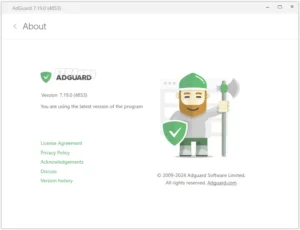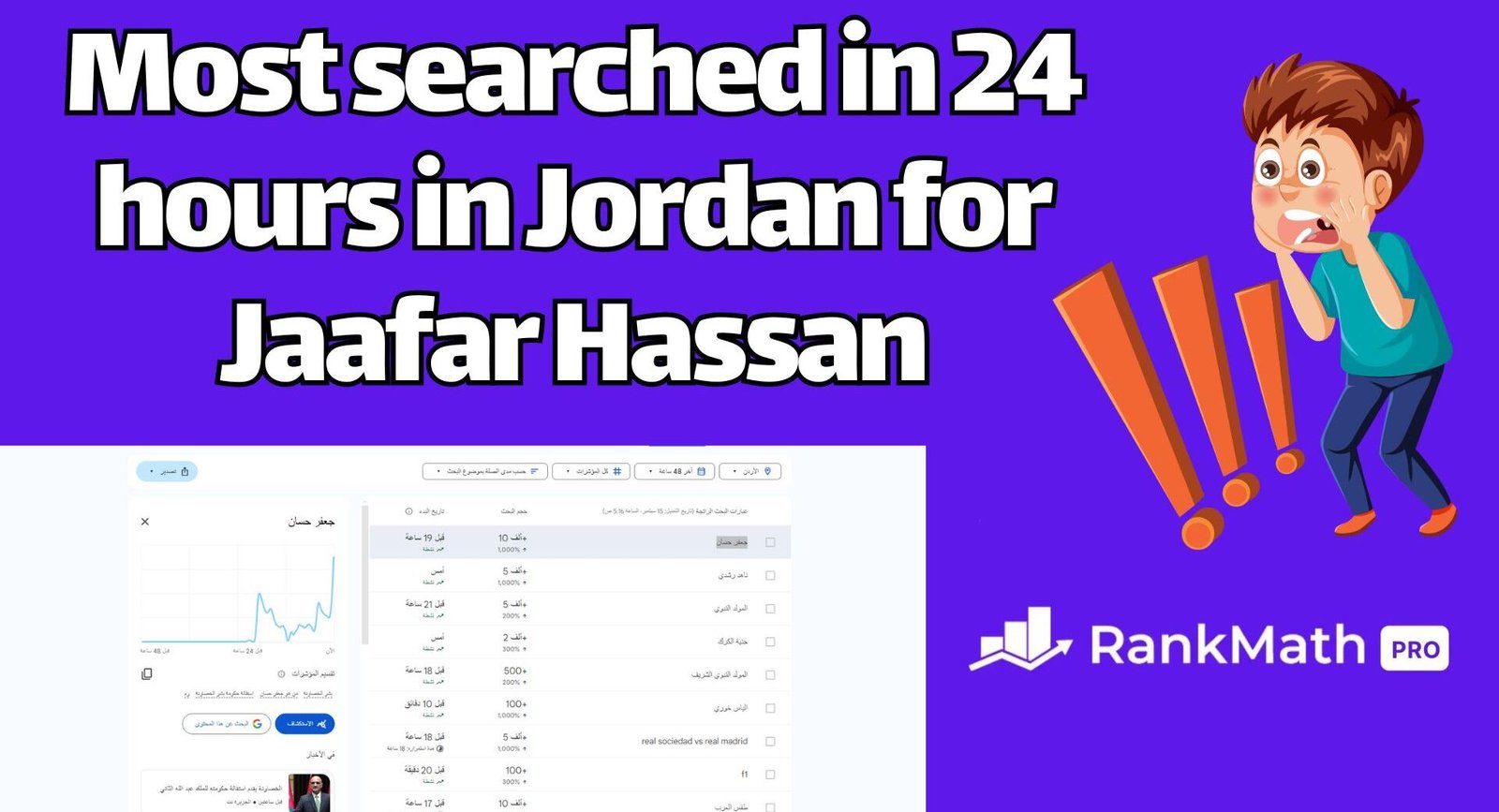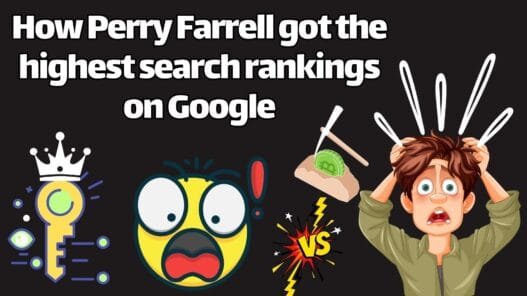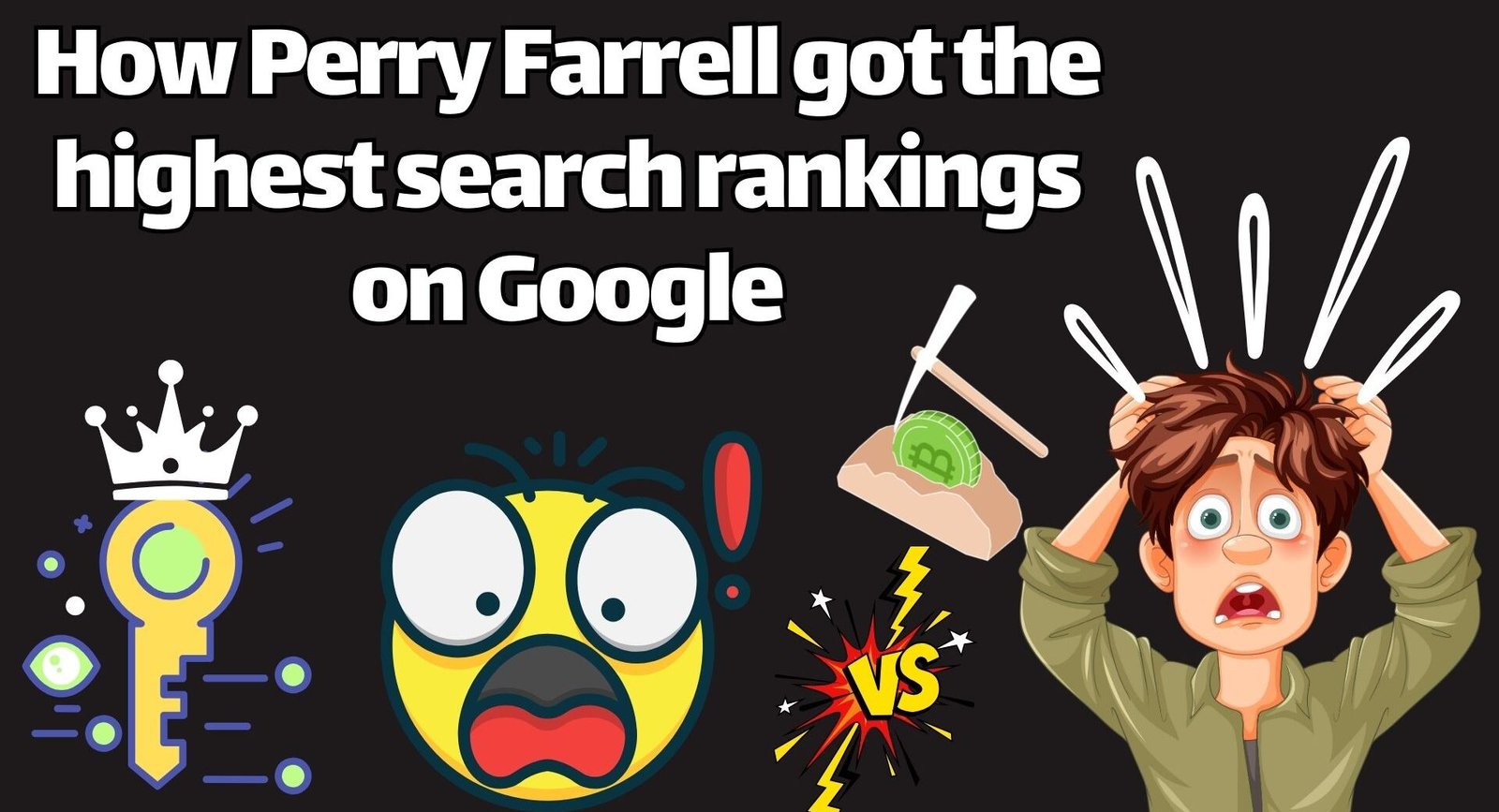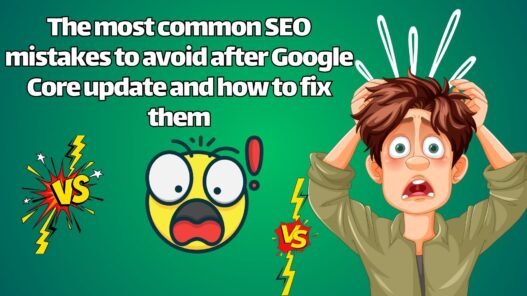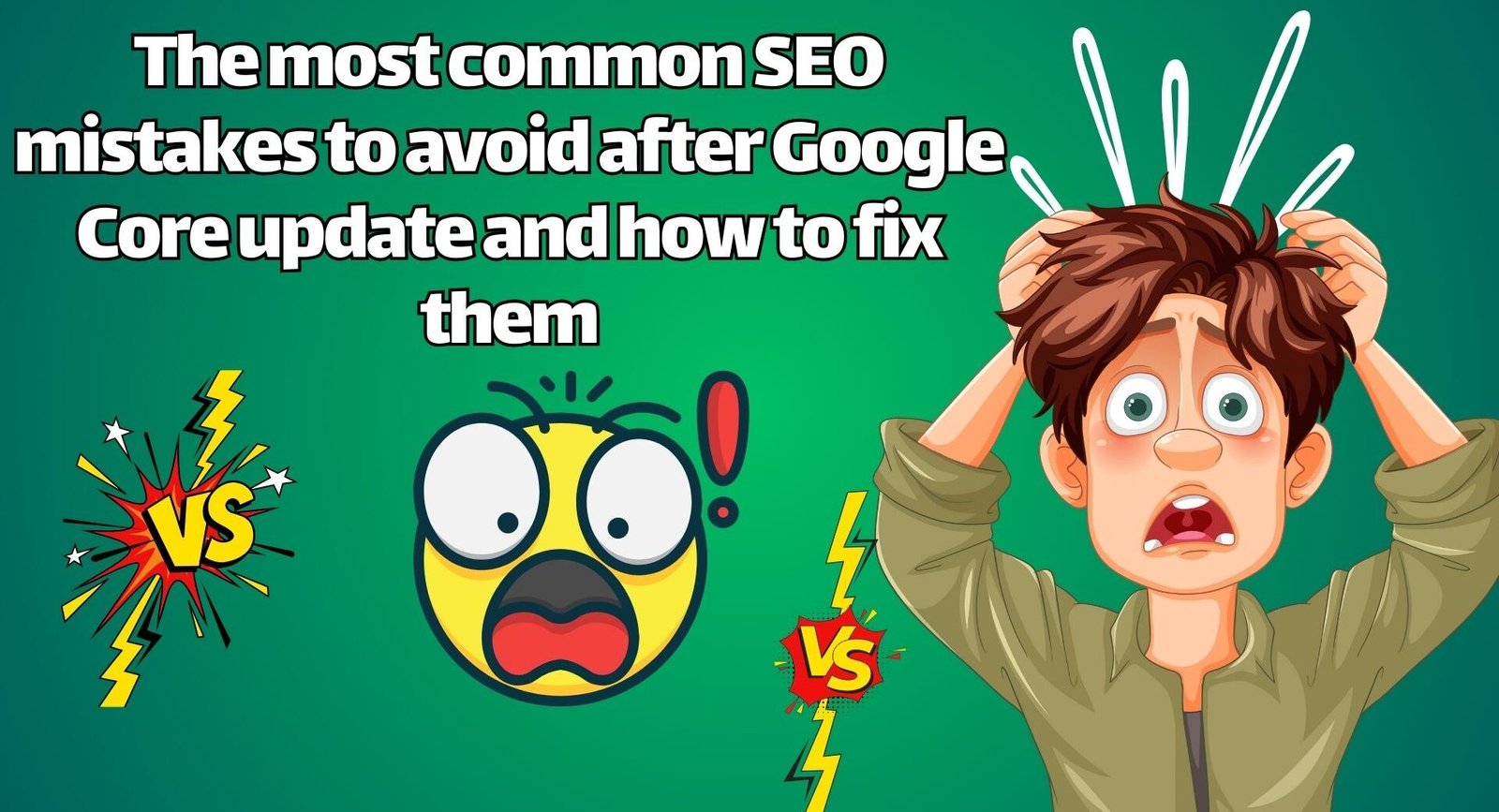Top Free SEO Tools You Should Be Using in for Better Search Rankings It’s for website owners, marketers, and fans of SEO. Online visibility is super important today. We will share SEO techniques to help you rank higher. Our guide is full of the newest ranking strategies. It will help you get noticed online without spending too much. Let’s learn how to excel in search engine optimization together. We’ll make your website shine in the vast online world.
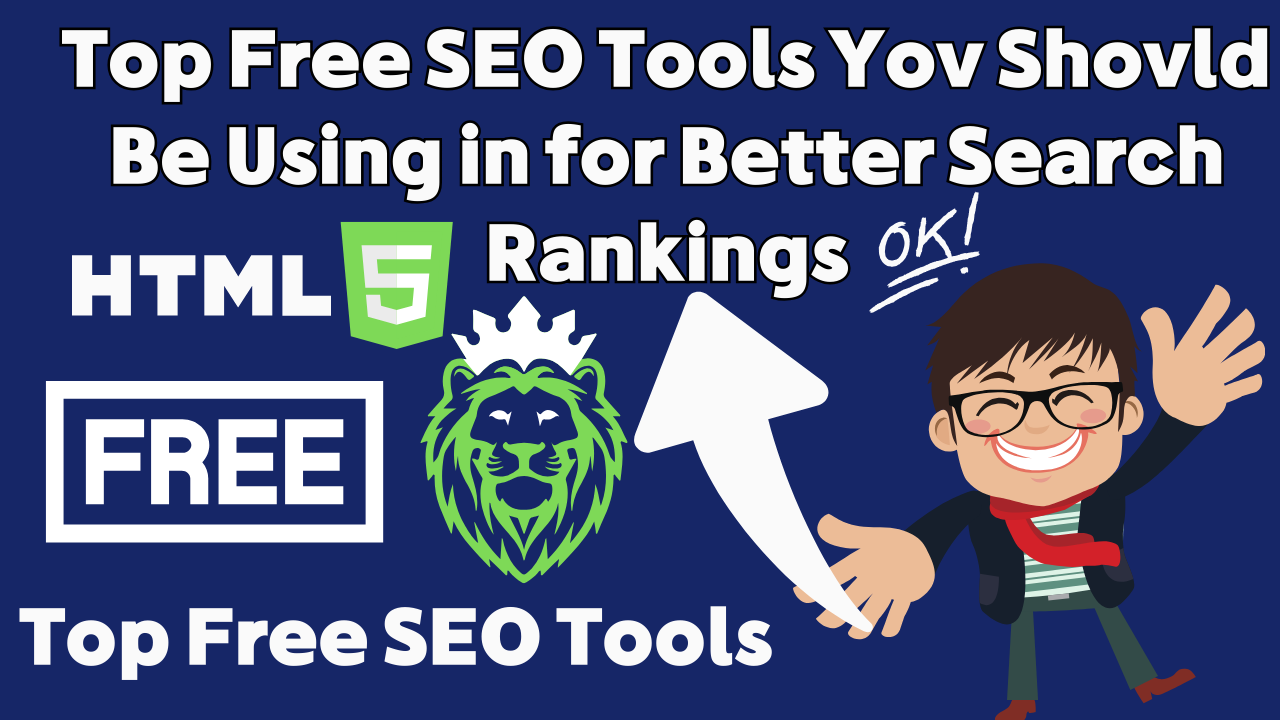
Are you updating your website or starting a new one? Then, knowing SEO techniques is a must. We make hard ideas easy to do. Follow our steps to reach more people for free. Our guide has expert tips and successful stories. With our SEO guide 2024, you can win online.
This guide keeps up with the latest changes. It’s your guide through the online world. We’ll show you how to lift your website higher and be seen more online.
Key Takeaways
- Stay ahead in 2024 with cutting-edge, cost-free SEO strategies.
- Uncover expert analyses and case studies for advanced SEO techniques.
- Build foundation with our comprehensive SEO guide, optimizing online visibility.
- Enhance your understanding of SEO’s evolving landscape to surpass competition.
- Equip yourself with proven ranking strategies for top search engine placement.
- Discover actionable steps to improve organic reach and website prominence.
Understanding the Basics of SEO
SEO is all about how Google and other search engines rank your content. Knowing this can really help your website show up more in searches. Let’s dive into keywords, how search engines work, and the big role algorithms play.
The Importance of Keywords
According to Search Engine Journal, it starts with keyword research. Knowing what people search for helps your SEO a lot. Picking right keywords helps people find your info, products, or services.
Good keyword research means your content matches what people are looking for. This makes your site more engaging and can improve your ranking in search results.
How Search Engines Work
Moz tells us that search engines are like huge libraries. They index billions of pieces of content. They aim to match a user’s search with the best answers quickly. Your site must speak the search engines’ language well to appear in these search results.
The Role of Algorithms in SEO
Google’s report, How Search Works, talks about the complexity of search algorithms. These systems find and show the best search results super fast. Keeping up with algorithm changes is a must. It helps your website stay relevant in SEO.
From keywords to search engines and algorithms, understanding SEO is key. It helps marketers and website owners boost their rankings in organic searches.
Developing a Robust SEO Strategy
To get to the top of search results, you need a smart plan. This plan includes knowing what users want, how they search, and who you’re up against. It involves looking into your target audience, picking the right keywords, and analyzing competitors with SEO. Let’s check out the tools and ways to make your SEO better.
Analyzing Your Audience
It’s key to know what your audience likes and does. Tools suggested by the Content Marketing Institute help find tons of data. This data on how users browse and what they say helps us make content fit them better. Plus, it lets us choose better keywords.
Creating a Keyword Target List
Making a list of keywords is vital. Neil Patel says to research well to find not just popular keywords but also long-tail ones. These long-tail keywords are a mix of high search and low competition. Things like how hard a keyword is and what searchers want help find the best options.
Competitor Analysis for SEO Advantage
Looking at what competitors do can help you win in SEO. SEMrush suggests using competitive SEO analysis to see where you can do better. By seeing their tactics and how you compare, you can use their weak spots to do better than them.
On-Page SEO Techniques to Enhance Visibility
The digital world is a fight for being seen. On-page SEO is like having a big weapon in this battle. It covers things on your website you can make better. These make your website stand out on search results. This makes people find and like your content.
Optimizing Titles and Meta Descriptions
Titles and meta descriptions are like a handshake. They are the first impression with search engines and users. Backlinko says they sum up what your content is about. To do great in meta tags optimization, make your titles inviting. Your meta descriptions should clearly tell why someone should click, using your main keywords well.
The Power of Header Tags
Structure matters not just in buildings, but also on your webpage. Header tags significance helps users understand and move through your content. Yoast SEO talks about using header tags from H1 to H6. This improves user experience (UX) and makes your content clear to search engines. Use keywords in headers wisely, but don’t overdo it.
Content Quality and Keyword Density
Having quality content with the right amount of keywords is key to on-page SEO. It’s not good to just add keywords everywhere. You need a smart plan that meets your audience’s needs. Search Engine Land suggests keeping a balance. Avoid too many keywords but have enough for search engines to find your content right for searches. Finding this balance helps your content rank better.
In on-page SEO, everything counts, from meta tags to header tags. How well you mix keyword optimization with good content decides your website’s role online. Mastering these ways can make your website more seen. This brings more visitors and helps you succeed online.
Technical SEO: Ensuring Your Site Meets Search Engine Standards
Technical SEO is key for a site’s success with search engines. It makes sure your site follows search engine rules. This helps your site show up in search results.
Site Speed Optimization
How fast your site loads is very important. It even helps it rank better on Google. Google’s PageSpeed Insights tool helps you make your site faster. You can improve speed by compressing files, making images smaller, and cleaning up code.
Mobile-Friendly Design
Now, more people surf the web on their phones than on computers. Making sure your site works well on phones is a must. Use Google’s Mobile-Friendly Test to see if your site is good to go on mobile.
Structuring URL for Maximum SEO Benefit
Having clear and simple URLs helps a lot with SEO. They make your site easy to use and help search engines understand it better. Using good URL practices makes your site healthier for SEO and helps search engines find and list your pages.
| Website Speed Factor | Impact on SEO | Best Practices |
|---|---|---|
| Image Optimization | Reduces load time | Use image compression and correct formatting |
| Minified CSS/JavaScript | Decreases browser render time | Remove unnecessary code and comments |
| Browser Caching | Improves repeat visit speeds | Implement caching policies for static resources |
| Responsive Design | Enhances user experience on mobile | Ensure design adapts to various screen resolutions |
Strengthening Your Site’s SEO with Structured Data
Structured data is key for better SEO. It makes search engines understand your pages better by adding context. This boosts your SEO by making your site easier for search engines to index and understand.
Understanding Schema Markup
Schema.org is a top system for schema markup. It helps search engines like Google and Bing understand your content better. This makes search engines show your content more accurately in their results.
Rich Snippets and Their Impact on SEO
Search Engine Watch shows how rich snippets help users. They make search results better by showing extra info like ratings and images. This gives users a clearer idea of what your page is about before they click.
Best Practices for Implementing Structured Data
Google has strict rules for using structured data right. Following these guidelines helps you avoid penalties. It also makes sure you meet search engine standards.
Using structured data the right way is a big step towards improving your SEO. Here are the best ways to use structured data on your site:
| Best Practice | Description | Benefit to SEO |
|---|---|---|
| Markup Content that is Visible to Users | Make sure the structured data matches what users see on your page. | This aligns what users and search engines see, making your results more trustworthy. |
| Use Google’s Structured Data Testing Tool | Check your structured data to make sure Google can understand it right. | Helps avoid errors that could mess up how your site appears in search results. |
| Keep Your Structured Data Up-to-Date | Always update your markup to show the newest info about what you offer. | Keeps your search results fresh and relevant with the latest details. |
| Include All Relevant Information | Add all important details like reviews and prices to your markup. | Makes your rich snippets show more info, likely improving your click-through rates. |
Combining SEO best practices with structured data and rich snippets makes searches more interactive and informative. This can lead to better user engagement and possibly higher search rankings.
The Importance of High-Quality Backlinks
High-quality backlinks are key for SEO. They boost trust and improve rankings. Today, SEO experts must use smart link-building methods. This helps websites stay strong in search results.
Techniques for Building Backlinks
Many techniques help build links. But, the right ones make all the difference. Rand Fishkin suggests making content that draws links. This mix of creativity and teamwork helps increase visibility.
How to Analyze Backlink Quality
The quality of backlinks is very important. Tools like Moz’s Link Explorer help sort good from bad. Looking at factors like domain authority is key. It helps understand how links affect your SEO.
Avoiding Toxic Links
Toxic backlinks can harm a website. Ahrefs says to check your links often. Following Google’s advice helps keep your website safe. This helps your SEO efforts succeed without problems.
Focus on good backlinks and safe linking practices. Also, watch out for bad links. These steps make your SEO work well. They help your website do better online.
Leveraging Social Media for SEO Benefits
Social media and SEO work together in today’s digital world. Understanding how they help each other is key. This help grows your online presence and gets your content seen more. Social media SEO integration makes your reach wider and strengthens your search rank.
Integration of Social Media and SEO
Forbes talks about how social media SEO integration is good. By mixing social media with SEO, businesses can spread their brand wider. They can make their community stronger and get more people to visit their website. This helps the message reach beyond just one place on the internet.
Social Signals and Search Engine Rankings
Likes, shares, and comments do not directly change search ranks. But, search ranking influence from them is big. Social Media Examiner shows how being active on social media helps your site be seen more. It can make your content spread and tell search engines it’s valuable and trustworthy.
Content Promotion Through Social Channels
HubSpot says using social media to share content is great for getting backlinks. By sharing content on different social media, you make an environment where content is alive. It engages people, connects over shared interests, and gets support from the community.
| Social Network | Feature for Promotion | SEO Benefit |
|---|---|---|
| Shareable Posts & Articles | Extended Reach | |
| Retweets & Hashtags | Real-time Engagement | |
| Thought Leadership Articles | Professional Network Influence | |
| Infographics & Visual Guides | Link Building Through Imagery | |
| Stories & Shoppable Posts | Brand Personalization |
The Impact of Quizzes and Polls on SEO Metrics: Analyzing Real-Life Examples.
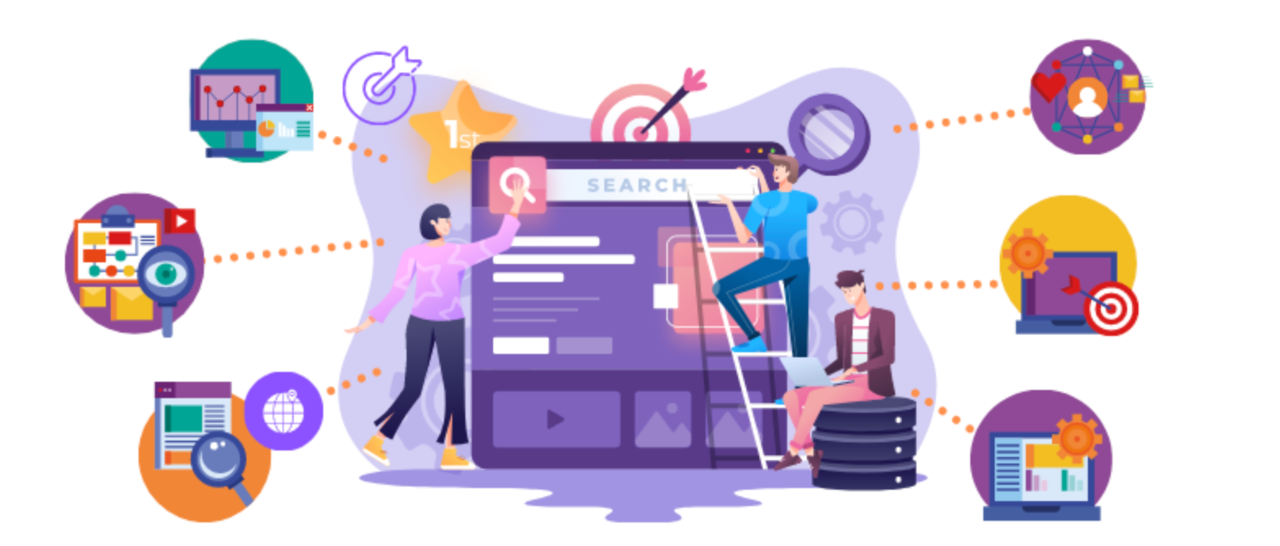
The online world is always changing. Adding interactive content to your SEO plans is key.
Things like quizzes and polls are big now. They make websites more fun and help with SEO.
Interactive content does more than look good. It keeps people interested in your site.
It makes them want to stick around longer.
As seen in leading publications like the Content Marketing Institute, interactive features are commended for their effectiveness in increasing the time users spend on a site, which is a notable factor in SEO performance.
Adding interactive content makes your website more about the visitor. This can really help your SEO strategy.
- Quizzes make reading more active and fun.
- Polls let you know what people think, making your site a go-to place for interaction.
- Calculators offer personalized info, adding more value to your site.
This kind of content can go viral on social media. This makes your brand more visible online.
It makes your site seem more valuable. Search engines might rank it higher because of this.
In the end, using interactive content is a must. It makes your site better and helps it get found more easily.
Creating a Local SEO Plan for Greater Reach
Local SEO is now vital for businesses wanting to reach nearby customers. Having a plan that uses local SEO helps businesses show up in local searches.
Optimizing for Local Search
It’s not just about using local keywords in your content. You must make sure your business’s Name, Address, and Phone Number are the same everywhere online. BrightLocal shows us it’s crucial to create content that speaks to the local area. This helps businesses stand out in their communities.
Importance of Local Citations
Local citations let businesses share their info on different directories. Moz says that having many citations from good sources makes businesses seem more reliable. Making sure your business’s info is correct everywhere helps people trust you more. It also helps search engines recommend you.
Managing Online Reviews and Ratings
Today, what customers say online can greatly affect a business. According to ReviewTrackers, online reviews and ratings impact your local search ranking. Responding to feedback shows you value your customers and want to improve. Doing this helps you rank better in searches and draws in more customers.
Creating a strong local SEO strategy brings your business closer to your community. It helps you make a meaningful impact on them.
Free Tools and Resources for SEO Monitoring
Checking your site’s SEO often is key. Many free tools can help you see how you’re doing. These tools show where you’re doing great and where you can get better.
Google Analytics and Search Console
Google Analytics is super important. It shows how people are using your site. Google Search Console adds to that. It gives info on your site’s search results and health.
Utilizing SEO Plugins for CMS Platforms
SEO plugins make content systems better. Yoast SEO and All in One SEO Pack are examples. They help with stuff like editing tags and making sitemaps.
Other Valuable SEO Tools and Software
There are more advanced SEO software tools too. MozBar and Ubersuggest give you lots of useful info. They help with keywords, seeing what competitors are doing, and improving your pages.
| Tool | Primary Function | Platform Compatibility | Key Benefit |
|---|---|---|---|
| Google Analytics | Web traffic and user behavior analysis | Web-based | In-depth audience insights |
| Google Search Console | Search performance tracking | Web-based | Site health monitoring |
| Yoast SEO | On-page SEO optimization | WordPress | User-friendly interface |
| All in One SEO Pack | Comprehensive SEO toolset | WordPress | Advanced features for pros |
| MozBar | SEO metrics at a glance | Browser extension | Convenient access to SEO data |
| Ubersuggest | Keyword research and analysis | Web-based | Competitive insights |
Using these SEO monitoring tools helps a lot. They give you the info you need. This info helps make your site perform better in searches.
Content Marketing Strategies to Boost SEO
Good SEO strategy needs content marketing. Content creation and SEO work together. This mix is key in today’s digital world.
Content helps SEO a lot. It earns backlinks and keeps readers interested. This tells search engines your site is useful.
Making great content helps your brand and leads. HubSpot says it’s vital for traffic.
“A well-crafted content marketing effort is not a one-time affair; it’s a continuous journey of refinement and alignment with the audiences’ evolving needs, creating a fertile ground for SEO success.”
Content marketing strategies include:
- Choosing topics your audience likes.
- Making content that engages and informs.
- Using SEO to make content easy to find.
We use each content piece to connect and convert. Below is a table of content marketing strategies with SEO:
| Content Marketing Component | SEO Advantage | Inbound Marketing Impact |
|---|---|---|
| Blog Posts and Articles | Keyword-rich pages indexed by search engines | Informational resources that draw organic search traffic |
| Videos and Infographics | Visual content that can rank in image and video searches | Shareable content that enhances engagement and time on site |
| Case Studies and Ebooks | Long-form content that demonstrates authority | Lead magnets that attract interested prospects |
| Social Media Posts | Social signals that may influence search rankings | Channels for distributing content and amplifying reach |
Mixing content marketing with SEO boosts your online space. It makes a big, lasting digital mark.
The Role of Artificial Intelligence in SEO
The search world is getting more complex. Artificial intelligence in SEO changes how we do online marketing. It works fast and handles lots of data. This way, it improves AI keyword research. It matches what users are looking for better. Now, let’s look at how AI makes SEO better. It helps with making content and planning.
AI for Keyword Research and Content Creation
Using AI for finding keywords helps us understand what people want. It helps make plans that really speak to our audience. Content automation with AI makes sure our keywords fit. It keeps our content right on track and varied, meeting what people search for.
Automating SEO Tasks with AI Tools
Content automation is now more than making tasks easier. AI gives us smart hints and helps us look ahead. It lets SEO pros focus on what grows their site because the boring stuff gets handled easier.
SEO Predictions and AI’s Growing Influence
AI can guess where SEO is heading in ways we never thought possible before. It looks at old and new data to see future trends. This lets marketers get ready early. In SEO, being ahead is key. Thus, AI’s skill in predicting is super helpful.
| SEO Task | Without AI | With AI |
|---|---|---|
| Keyword Research | Time-intensive, often imprecise | Fast, data-driven, and accurate |
| Content Creation | Manual, creativity-reliant | Automated, enhanced by predictive text and analysis |
| SEO Strategy | Based on historical data, reactive | Adaptive, utilizes real-time data and predictive insights |
| Site Audits | Laborious, and potentially error-prone | Streamlined, comprehensive, and insightful |
Preventing and Recovering from SEO Penalties
It’s vital to follow search engine rules to keep your site seen and trusted. But, Google often changes its rules, making it hard to stay on track. This part talks about steps to keep in line with SEO rules and how to fix things if you get a penalty.
Identifying SEO Actions that Lead to Penalties
SEO penalties can really slow you down. They come from doing things like using too many keywords on purpose and building fake links. The first step to avoid trouble is to know what can cause penalties. Search Engine Watch says penalties can make you rank lower or even get removed from search results.
Best Practices for Penalty Recovery
Getting over SEO penalties requires a close look at your website. Neil Patel suggests a careful plan to find and remove bad backlinks. He also says to fix your content and tags right away. Being open and honest in asking search engines to reconsider is key to getting back on track.
Keeping Your SEO Efforts Aligned with Guidelines
Sticking closely to SEO rules is very important. Google’s Webmaster Guidelines help you know what to do and what not to do for SEO. Following these rules helps avoid penalties and makes your website compete better.
| Penalty Cause | Impact on SEO | Recovery Action |
|---|---|---|
| Keyword Stuffing | Can trigger algorithmic penalties resulting in lowered rankings | Revise content for natural language and keyword distribution |
| Unnatural Links | Possible manual actions leading to exclusion from SERPs | Conduct a link audit and disavow spammy or low-quality links |
| Poor Content Quality | Decreased user engagement and potential Panda penalties | Improve content quality and value to the user |
| Hidden Text or Links | Violation of webmaster guidelines, leading to manual actions | Remove any hidden elements and ensure transparency |
By watching for SEO penalties and sticking to good practices, you can protect your site. This protects you from bad effects of Google updates and helps fix penalties faster. Being up to date and flexible with your SEO plan is crucial for success online.
User Experience (UX) and its SEO Implications
User experience (UX) and search engine optimization (SEO) work together very well. A great UX helps SEO by making users stay longer and not leave quickly. Google likes websites that are made for users. Because of this, using good UX in SEO plans is key.
How UX Affects SEO Rankings
The Nielsen Norman Group says UX really matters for SEO. If your website is easy to use, people will stay longer. This tells search engines your site is good. Being at the top in search results becomes easier.
Strategies to Improve User Engagement
HubSpot says making helpful content and fun elements is good. Things like cool graphics and easy-to-use designs make users enjoy more. This makes both UX and SEO better.
Enhancing Website Navigation and Accessibility
The Web Content Accessibility Guidelines (WCAG) talk about easy navigation. It’s important for everyone, including those with disabilities. If your site is easy to use and open to all, search engines understand it better. This means your site might show up more in searches.
Benefits of User Experience for SEO
| UX Aspect | SEO Benefit | Examples |
|---|---|---|
| Intuitive Navigation | Reduces bounce rates | Logical flow, clear CTA buttons |
| Responsive Design | Higher mobile search rankings | Flexible layouts, touch-friendly elements |
| Accessible Content | Better crawlability and indexation | ALT tags for images, transcripts for videos |
| Interactive Features | Increase time on site | Quizzes, calculators, interactive infographics |
In the end, user experience is very important for SEO. By making your site more engaging and easy to use, your online spot can grow. So, UX and SEO working together is a big deal for doing well online.
SEO Trends to Watch for in 2024
As 2024 approaches, it’s important to watch SEO trends closely. These trends will shape digital marketing. Marketers need to stay ahead to keep their online presence strong. Let’s explore the key trends for the future of SEO.
- Voice Search Optimization: Smart speakers are more common now. So, using everyday language for searches is key.
- AI and Machine Learning: AI will change how we find keywords and create content. This makes SEO strategies more effective.
- Video Content Supremacy: Video is winning in grabbing attention. Sites like YouTube and TikTok help boost SEO with great videos.
- E-A-T Principles: Being seen as expert, authoritative, and trustworthy matters to Google. It’s all about reliable info from trusted sources.
- Mobile-First Indexing: More people use mobiles than computers now. Websites must be designed with mobile users in mind.
- User Experience (UX): UX is key in SEO now. It’s about making sites fast, easy to use, and stable.
- Local SEO Enhancement: To win local markets, focus on local SEO. Pay attention to local listings, reviews, and local content.
- Sustainability in SEO: SEO is going green. This includes using eco-friendly hosting and marketing that cares about the planet.
Adapting to SEO trends means learning and being flexible. The heart of SEO stays the same—create great content focused on users. But how we do this keeps changing. Let’s see what 2024 brings for SEO.
Conclusion
We’ve looked at many SEO techniques in this guide. The world of digital marketing always changes. We started with SEO basics like the importance of keywords. We learned how they help websites rank better in search engines.
Our trip showed us how to make a good SEO plan. We talked about making websites easy for people and search engines to use. We saw how social media, structured data, and good backlinks are key. We also learned about artificial intelligence in SEO.
As we get ready for 2024, we know what to do. We need to keep up with new trends and make websites easy to use. Let’s use SEO to improve our place on the internet. Our websites can do better and reach more people this way.
FAQ
What are the most effective SEO techniques for boosting my website’s ranking in 2024?
Use strategic keyword research and optimize on-page elements. This includes titles and meta descriptions.
Build high-quality backlinks. Create relevant, interactive content. Make sure your website loads fast and works well on mobiles.
How can I understand search engine algorithms to improve my SEO foundations?
Stay updated with official updates from search engines. Read SEO resources like Search Engine Journal.
Always test and use analytics to see what works.
What role does analyzing my audience play in developing a robust SEO strategy?
Knowing your audience helps make content they like. It leads to better engagement and more conversions.
Why is mobile optimization crucial for my website’s SEO?
Many users browse on mobiles. A mobile-friendly site is a must for better rankings.
What impact do social signals have on my website’s search engine rankings?
Likes, shares, and retweets increase content visibility. They can drive traffic and get backlinks.
How does creating a local SEO plan benefit my business?
A local SEO plan targets customers in your area. It improves your visibility in local searches.
Are there any free tools and resources available for SEO monitoring and improvement?
Yes. Use Google Analytics, Google Search Console, and Yoast SEO for WordPress. They guide SEO improvements.
What is the role of artificial intelligence (AI) in SEO?
AI helps automate SEO tasks like keyword research. It provides analytics and improves SEO campaigns.
How can I prevent and recover from SEO penalties?
Follow search engine guidelines and avoid bad techniques. Remove bad links if penalized.
Then, improve your SEO and ask for reconsideration if needed.
What are some upcoming SEO trends I should watch for in 2024?
Watch for trends like semantic search and voice search optimization. Also, mobile and local SEO will grow.















